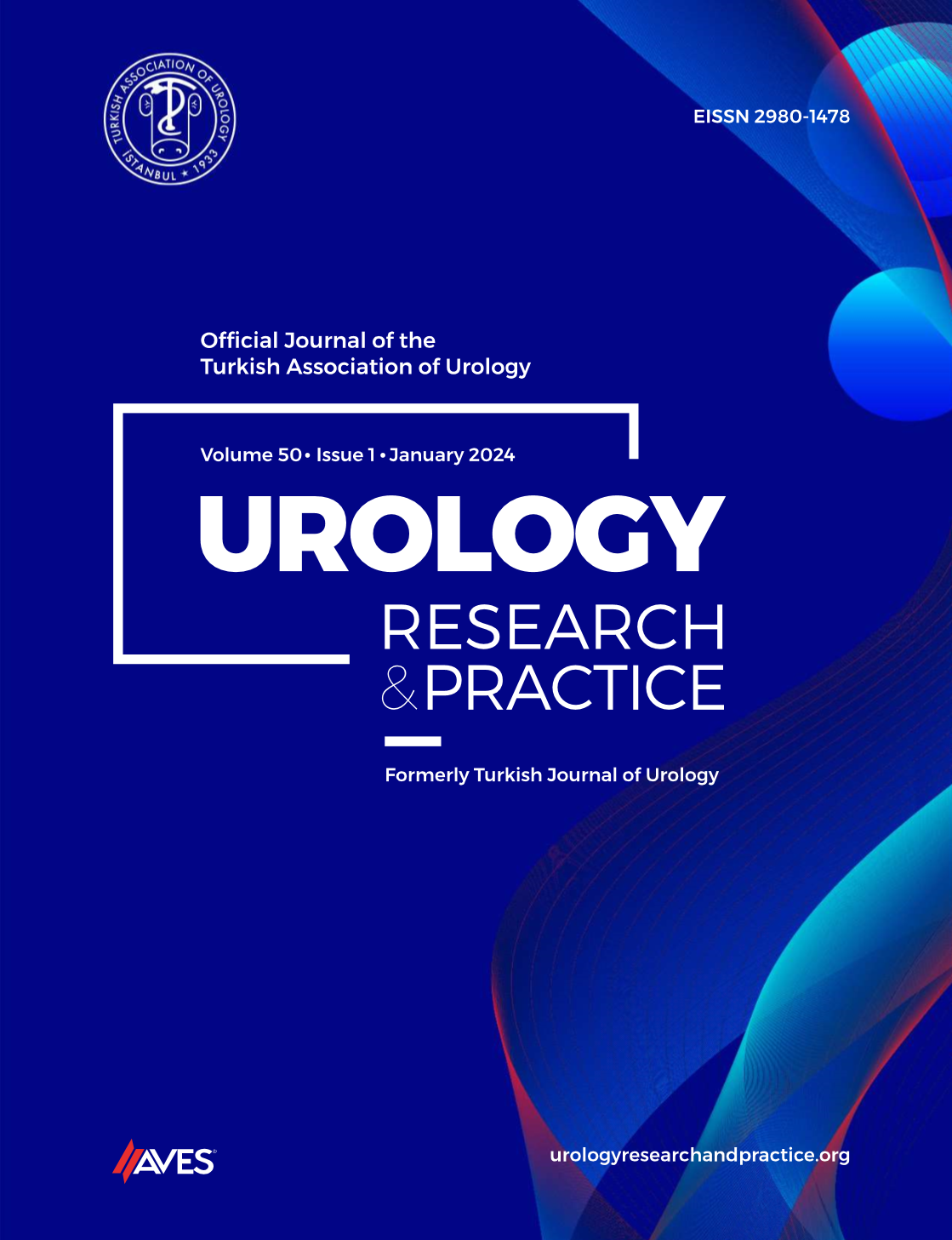Abstract
Objective: Tubularized incised-plate urethroplasty (TIPU) is one of the techniques to repair distal hypospadias. We investigated the effect of the experience of the surgeon on overall success in terms of cosmetic and functional outcomes in TIPU.
Materials and methods: Records of 123 patients were retrospectively evaluated. Each session was performed based on surgeon status related with experience on TIPU by two surgeons. Surgeons was divided into three groups: chief (C.G.) with specific experience in hypospadias surgery (1); urologist with at least five years experience performing TIPU (2); and urology residents with at least three years experience as first surgeon or first assistant (3). Eight groups were created according to the operation team, in which the first number the first surgeon (FS) and the second number the first assistant surgeon (FAS); group I: 1-3, group II: 1-2, group III: 3-2, group IV: 3-1, group V: 2-2, group VI: 2-1, group VII: 3-3, and group VIII: 2-3.
Results: Mean patient age was 7.3 (range 1-23) years. The number of patients in each group was as follows: 41 (group I), 14 (group II), 11 (group III), 1 (group IV), 8 (group V), 0 (group VI), 8 (group VII), and 40 (group VIII). The effect of experience of FS and/or FAS on surgical success or complication rates was not significant (p>0.05).
Conclusion: Although hypospadias repair is a technical procedure requiring subspecialty surgical experience, success and complication rates in TIPU are not affected by the experience of the surgeon and assistant surgeon.

.png)


.png)